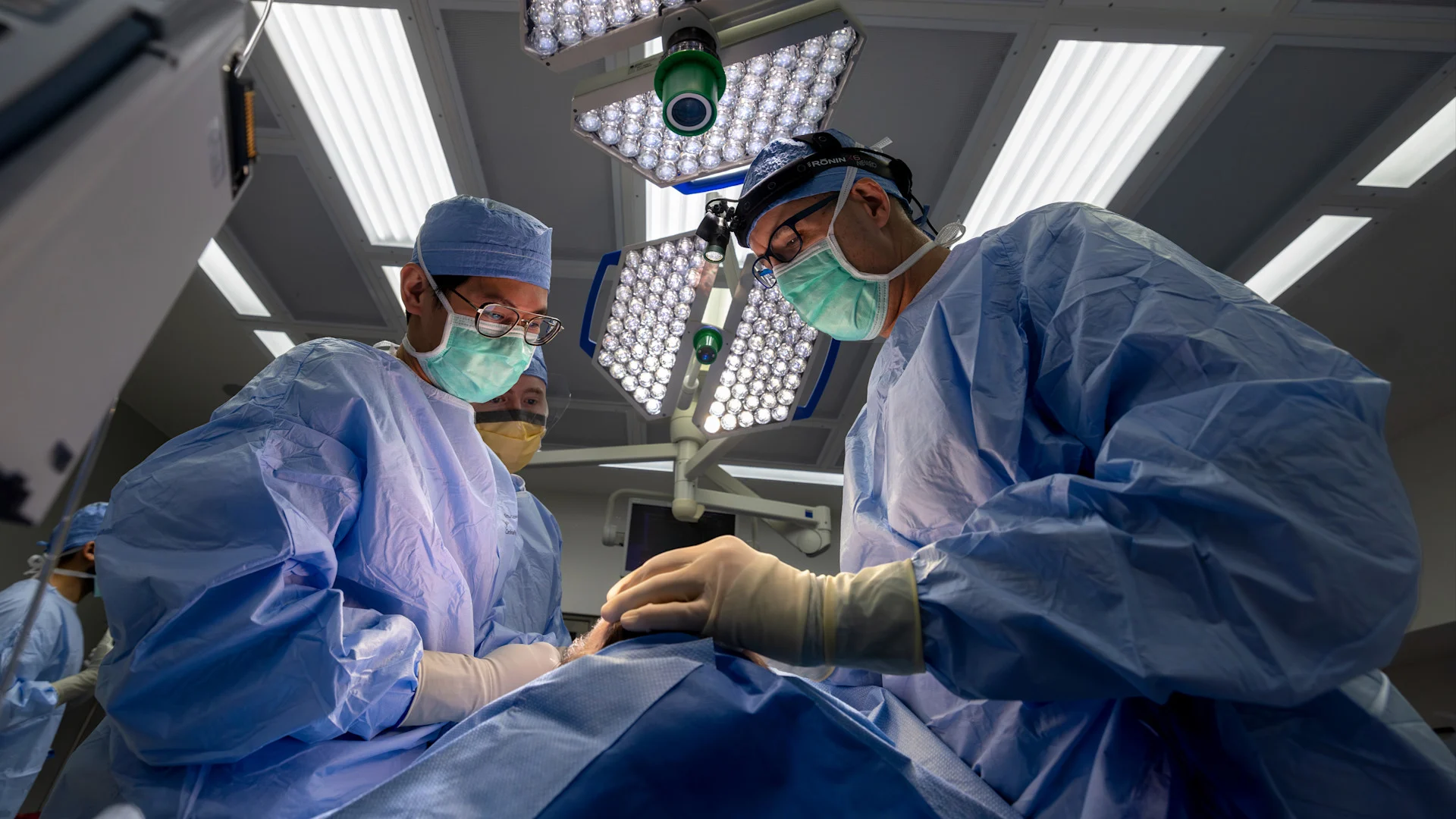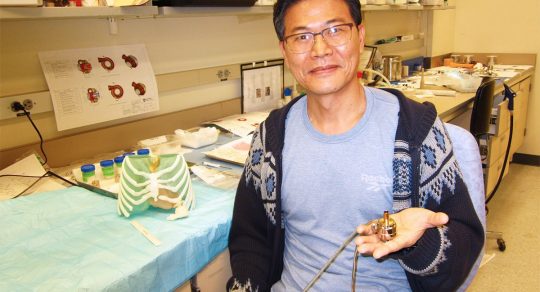
Departments
Surgery
The mission of the Department of Surgery is to provide the highest quality care, to improve patient care through excellence in biomedical research, and to educate and train future academic and community leaders in surgery.
From the Chair

From the Chair
“Since its establishment by Dr. John Waldhausen in 1969, our department has been dedicated to providing high-quality surgical care, educating future surgeons and pursuing translational research. We offer a wide range of services using state-of-the-art diagnostic procedures and surgical techniques.”
Behzad Soleimani, MD
Chair



